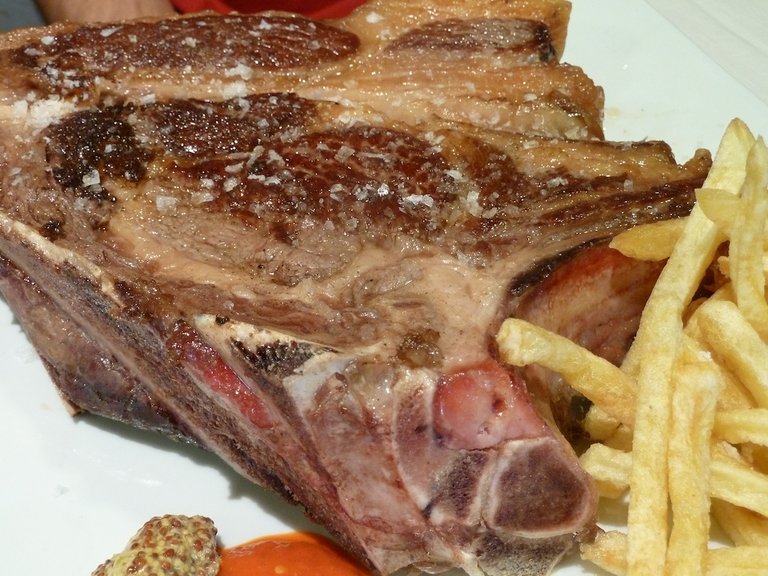Carnitine, responsible for damage to red meat and energy drinks

In addition, researchers have found that the diet rich in carnitine encourages the growth of bacteria that metabolize carnitine, thereby further aggravating damage for carnivores, as it produces more harmful metabolites than those that make a diet free of carnitin.In fact, researchers have studied volunteers with three types of diet: omniboros that ate meat, horticultural and vegan. And they have shown that the relationship between the level of tma and the risk of heart attacks and diseases of the circulatory system is “correct”.
On the other hand, researchers have highlighted that vegans and vegetarians produce much less TMAO, taking the same number of carnitines. Researchers concluded that “the usual diet prescribes what kind of bacteria we have in the intestine,” which directly affects health.
Apparently, this study explains why red meat has such bad consequences for the circulatory system, cholesterol and saturated fats, since its richness did not fully explain its harmful nature. It has been noted that the results are of consideration not only for those who eat a lot of red meat but also for those who consume energy drinks and carnitine additives.
Buletina
Bidali zure helbide elektronikoa eta jaso asteroko buletina zure sarrera-ontzian











